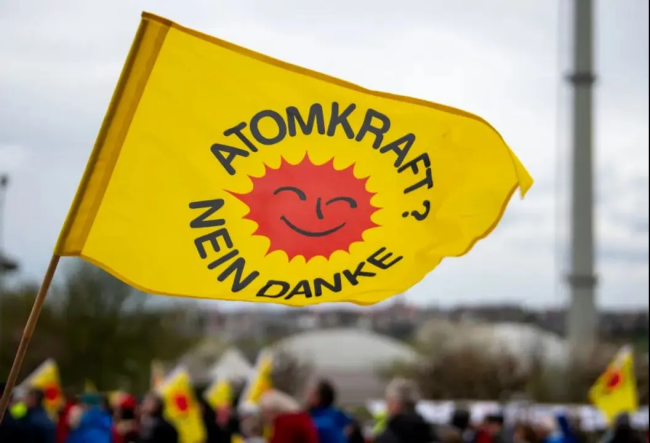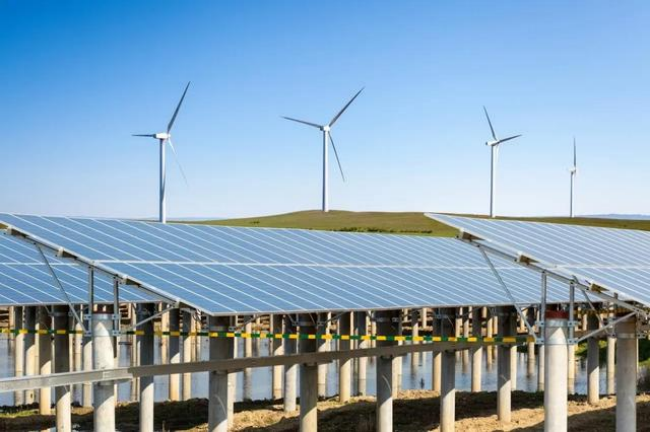The three nuclear power plants are the "Isar 2" nuclear power plant in Bavaria, the "Neckar Westheim" nuclear power plant in Baden-Württemberg and the "Emsland" nuclear power plant in Lower Saxony. According to the German Federal Statistical Office, the three nuclear power plants accounted for about 6% of Germany's total power generation last year.

These 3 are the "Isar 2" nuclear power plant in Bavaria, the "Neckar Westheim" nuclear power plant in Baden-Württemberg and the "Emsland" nuclear power plant in Lower Saxony. According to the German Federal Statistical Office, the three nuclear power plants accounted for about 6% of Germany's total power generation last year.
According to CNN, phasing out nuclear power is a plan that has been brewing for decades in Germany. Back in 2000, the German government committed to phasing out nuclear energy. This process was accelerated by the Fukushima nuclear disaster in 2011, when German Chancellor Angela Merkel announced that Germany would accelerate the phase-out of nuclear energy, with the immediate closure of old nuclear power plants. Due to energy security issues brought about by the conflict between Russia and Ukraine, the current government led by Scholz decided last autumn to let the last three nuclear power plants operate until mid-April this year.
According to the report, representatives of Germany's renewable energy industry said that the closure of nuclear power plants would open the door to more investment in clean energy. Many European countries are following Germany's lead in phasing out nuclear power. Switzerland voted to phase out nuclear power in 2017. Italy has completely abandoned nuclear power. A nuclear power plant in Austria has never been used. But 12 of the 27 EU member states still use nuclear power to generate electricity.
The closure of nuclear power plants in Germany has also sparked a lot of controversy. On the 15th local time, nuclear energy opponents held celebrations in Berlin and other places. However, according to the poll results of the "RTL/ntv Trend Barometer" in Germany, two-thirds of Germans currently oppose the phase-out of nuclear energy, and many people worry that electricity bills will continue to rise.
In this regard, German Economy Minister Habeck said that the withdrawal of nuclear energy is irreversible. According to him, Germany is building a new liquefied gas receiving station and developing renewable energy, so that energy supply can be guaranteed.

While phasing out nuclear power plants, the German government is pushing for EU sanctions on Russia's nuclear industry. Harbeck told DPA that he was in favor of sanctions to reduce dependence on Russian energy. "The federal government has talked to the European Commission and supports the inclusion of the civilian nuclear energy sector in the next round of sanctions against Russia."